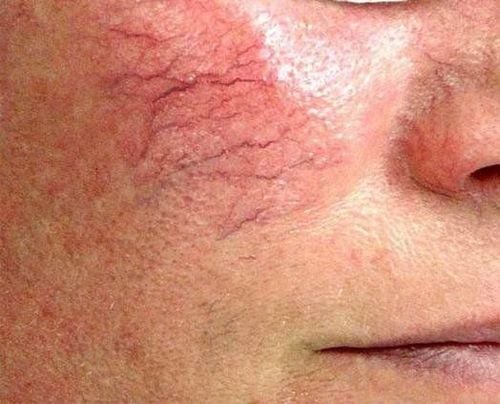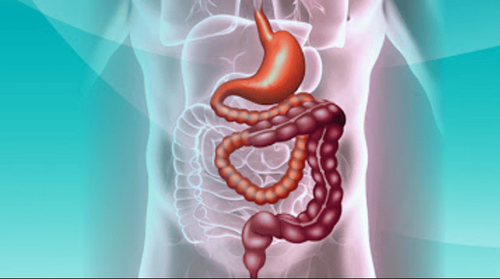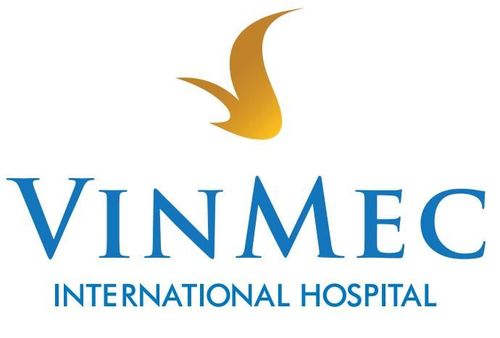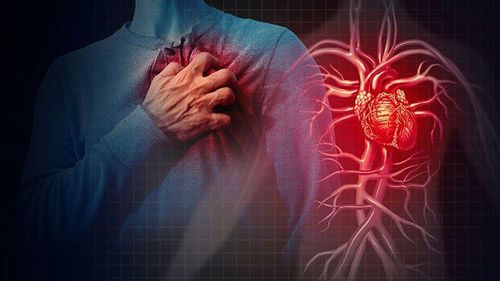This is an automatically translated article.
Article written by Dr. Nguyen Xuan Tam, Hospital of Emergency Medicine. A reasonable diet and a healthy life go hand in hand, especially for people over the age of 65. According to a report by the World Health Organization (WHO), the majority of diseases that the elderly suffer from due to lack of proper diet. For example, fat in foods has been linked to prostate, colon, and pancreatic cancers. Degenerative diseases such as osteoporosis and diabetes are also linked to diet.
1. Nutritional advice for the elderly
Doctor, Doctor Tran Thi Minh Hanh - Deputy Director of City Nutrition Center. The aging process is often accompanied by a decrease in energy requirements due to a decrease in physical activity and a decrease in basal metabolism, HCM said.
According to the recommendations of the National Institute of Nutrition, the energy requirement for people over 60 years old is 1,900 kcal for men and 1,800 kcal for women.
Here are some nutritional recommendations for the elderly:
It is necessary to eat a variety of foods to receive a variety of nutrients needed by the body, to ensure adequate energy, adequate balance of substances, Reasonable distribution of meals. Limit animal fat, eat more fish, legumes, whole grains. Choose soft, supple rice, not too white. In the daily diet, you should reduce rice and use more types of corn and potatoes. Make sure to provide enough protein for the body. Should eat more fish than meat, should eat at least 3 times a week fish and not eat more than 3 eggs. Should increase the use of vegetable protein such as tofu, tofu, soy milk, legumes, ... Regularly drink milk, choose a reduced-fat, low-sugar type to supplement calcium to prevent osteoporosis, can Choosing yogurt will be easier to digest. In addition, to focus on osteoporosis prevention, it is necessary to increase calcium-rich foods such as small fish that eat bones, shrimp with shells, green vegetables, ... Increase the use of foods rich in antioxidants (vitamins). C, vitamin E, beta-carotene) found in fresh, colorful vegetables, especially green vegetables such as spinach, jute, spinach,..., vegetable oils, spices such as onions, chives, ginger, turmeric,... Drink enough water, about 6-8 glasses per day. Note: Drink water regularly even if you are not thirsty, especially in summer. Limit foods high in sugar, including honey. Eat moderate salt, reduce salty seasoning (salt, soy sauce, fish sauce), limit salty foods such as dry, fish sauce, salty braised food,... Limit alcoholic beverages. Eat a variety of colorful fruits. Particularly with sweet fruit should only be eaten in moderation. Eating the whole fruit will help get more fiber than just juicing. Special note to limit carcinogens:
Avoid moldy food because it may contain aflatoxin, which causes liver cancer. Do not cook fats at high temperatures to prevent dangerous trans fats. Instead of frying, stir-frying with boiling or steaming. Limit bacon, dry,... Limit contaminants, wash fruits and vegetables many times, peel them when eating. In addition to a reasonable diet, the elderly need moderate and regular exercise to help increase blood circulation, eat well, strengthen bones, limit muscle loss, reduce constipation, and train the brain.
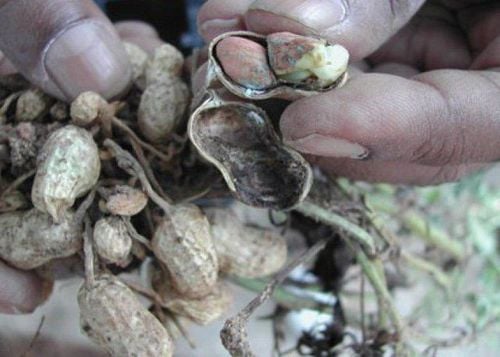
Lưu ý tránh thức ăn bị mốc vì có thể chứa aflatoxin gây ung thư gan.
2. Some notes in nutrition for the elderly
Should drink 1 glass of low-fat, low-sugar milk a day to fully supplement the body's nutrients. Live in moderation, eat and sleep on time, combine exercise for better digestion and improve health. Divide meals into many small meals throughout the day and create a happy, comfortable atmosphere when eating. When eating should eat slowly, chew well. Priority is given to steamed and boiled dishes instead of fried and grilled dishes to reduce cholesterol absorption and make digestion easier. It is necessary to change the menu regularly, avoiding the menu too monotonous to eat more deliciously. It is recommended to prepare soft, mushy, and finely chopped foods for easier chewing and digestion. Do not overeat, especially in the evening. Choose foods according to pathology: Some people have chronic diseases such as diabetes, high blood pressure, etc., so it is necessary to choose the right foods that are suitable for disease control. Specifically, celery, cucumber, tomato, squash, sweet potato, lettuce, wood ear, bean sprouts, ... help prevent hypertension and heart disease. Good foods for diabetics include zucchini, red water spinach, water spinach, artichoke flowers, bitter melon,... After eating, you should sit in place or walk gently for 30 minutes to help your stomach. Mix food, easier to digest. In addition, elderly people need to be exposed to the sun for at least 15-30 minutes a day to help the body make vitamin D, fight osteoporosis, and increase the body's immunity. Elderly people should have a reasonable diet, keep their spirits up and maintain moderate exercise to improve health, slow down the aging process and prolong life.
Please follow the website: Vinmec.com to update information on nutrition and health, as well as book an appointment / consultation quickly if needed.
Please dial HOTLINE for more information or register for an appointment HERE. Download MyVinmec app to make appointments faster and to manage your bookings easily.





